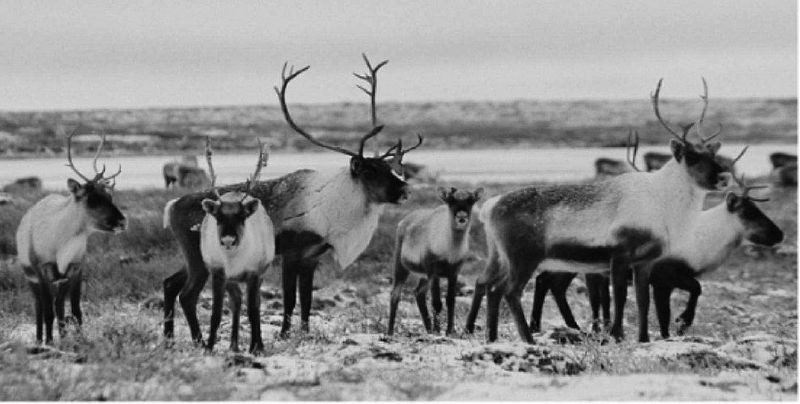The B.C. Court of Appeal has ordered the provincial government to consult more fully with a First Nation over the effects of a mining project on a caribou herd in northeast B.C.
The dispute dates back to the fall of 2009 when the mines ministry granted a coal mining exploration permit that the West Moberly First nation said would destroy critical winter habitat for the endangered Burnt Pine caribou herd.
Last year, the B.C. Supreme Court ruled the West Moberly's treaty right to hunt included providing protection for the caribou and the government needed to do a better job of accommodating the interests of the First Nation.
The British Columbia Court of Appeal issued a judgment in favour of the West Moberly First Nations on Thursday to protect endangered caribou in northeastern British Columbia.
The Appeal Court dismissed an appeal by the B.C. government of a lower court ruling in 2010 that concluded the West Moberly's right to hunt included specific protection for caribou, given that caribou are a species of central significance to West Moberly's traditional way of life.
The First Nation has brought the case against B.C. over whether the province had meaningfully consulted and accommodated them by approving coal mining exploration proposed by First Coal Corporation.
The coal exploration activities would have impacted critical winter habitat for the endangered Burnt Pine caribou herd.
The court says the Crown failed to consult the West Moberly adequately and failed to accommodate their hunting rights, and ordered the coal permit set aside pending a new round of consultations.
Both West Moberly and provincial biologists have been trying for years to recover declining caribou herds in the northeast, said West Moberly.
"Caribou have been a big part of our culture and diet for countless generations. Our traditional hunting practices are our heritage. This judgment supports our efforts to protect this heritage for future generations," said West Moberly's Chief Roland Willson.
Willson says the court has sent a clear message that B.C. must help protect his nation's treaty rights, and he wants to work with the government to save the caribou from extinction.



